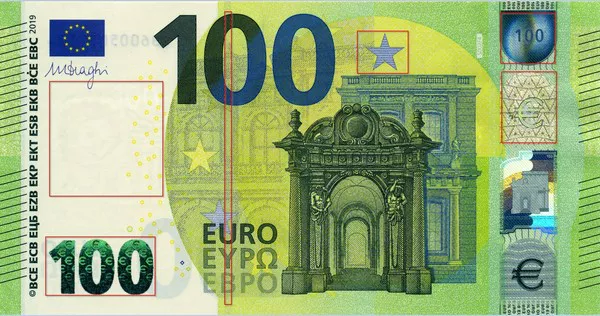The foreign exchange market is highly volatile, and investors are constantly seeking insights into the potential movements of major currencies. In this article, we will analyze the factors influencing the Euro’s performance and evaluate the likelihood of its appreciation in the upcoming week.
1. Economic Indicators:
To gauge the Euro’s upward potential, it is essential to examine key economic indicators. Factors such as GDP growth, inflation, employment data, and central bank policies greatly influence currency valuations. Market participants closely monitor releases from Eurozone economies, including Germany, France, Italy, and Spain, among others.
2. European Central Bank (ECB) Policy:
The ECB plays a pivotal role in shaping the Euro’s value through monetary policy decisions. By adjusting interest rates and implementing quantitative easing measures, the ECB aims to stimulate economic growth and maintain price stability. Any indications of potential policy changes or shifts in rhetoric by the ECB can significantly impact the Euro’s trajectory.
3. Global Market Sentiment:
The broader market sentiment has a considerable influence on currency movements. Factors such as geopolitical tensions, global economic growth prospects, and risk appetite among investors can lead to shifts in capital flows and impact the Euro’s valuation relative to other major currencies, such as the US dollar or Japanese yen.
4. COVID-19 Considerations:
The ongoing COVID-19 pandemic continues to pose challenges to global economies. The pace of vaccination campaigns, new infection rates, and government responses to the crisis all play a role in determining market sentiment and currency movements. Any developments related to virus containment measures or the emergence of new variants may impact the Euro’s performance.
5. Technical Analysis:
Technical analysis involves studying historical price patterns, trends, and chart formations to predict future movements. Traders employ various tools like moving averages, support and resistance levels, and oscillators to identify potential entry and exit points. While technical analysis can provide insights, it is important to complement it with fundamental analysis for a comprehensive outlook.
6. Market Speculation:
Speculative activities in the foreign exchange market can influence short-term currency movements. Traders closely monitor news releases, economic data, and geopolitical events to anticipate market reactions and take advantage of price fluctuations. However, it’s important to note that speculation alone may not accurately forecast the Euro’s performance over an extended period.
Conclusion:
Predicting currency movements with absolute certainty is a complex task, as numerous factors contribute to their volatility. Considering the potential for Euro appreciation this week, it is crucial to examine economic indicators, ECB policies, global market sentiment, COVID-19 developments, technical analysis, and market speculation. By monitoring these factors, investors can make more informed decisions regarding the Euro’s future trajectory.
As always, it is advisable to consult with financial professionals or trusted sources before making any investment decisions. The foreign exchange market carries inherent risks, and prudent risk management practices are essential for success.


